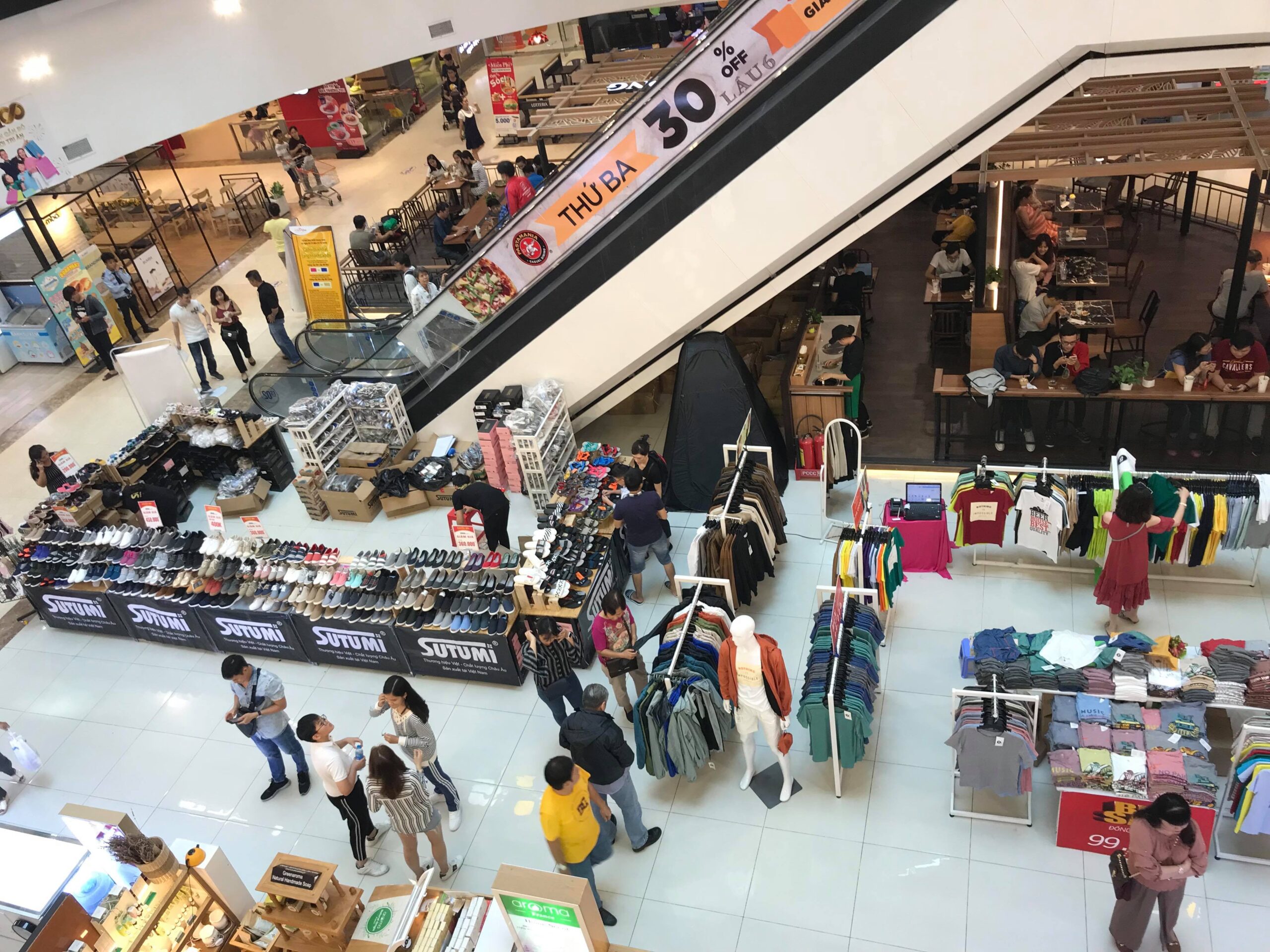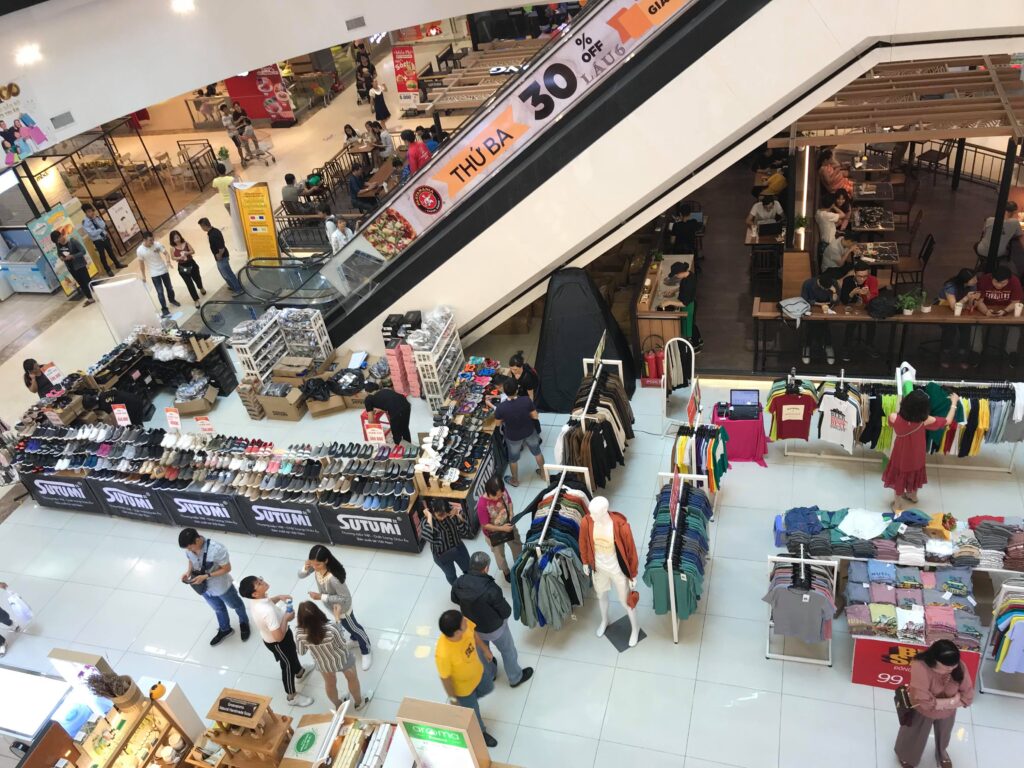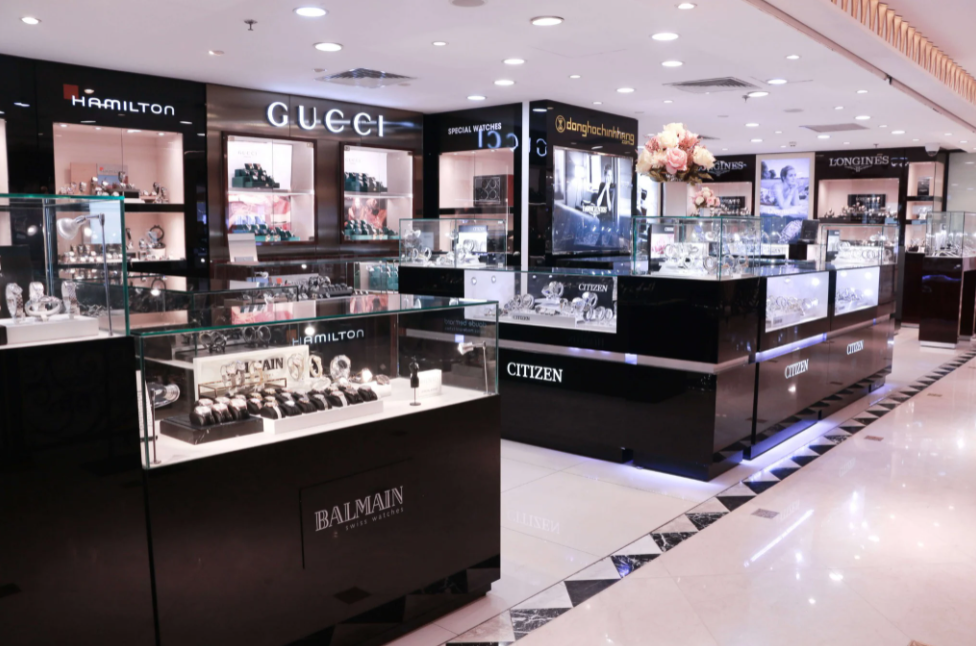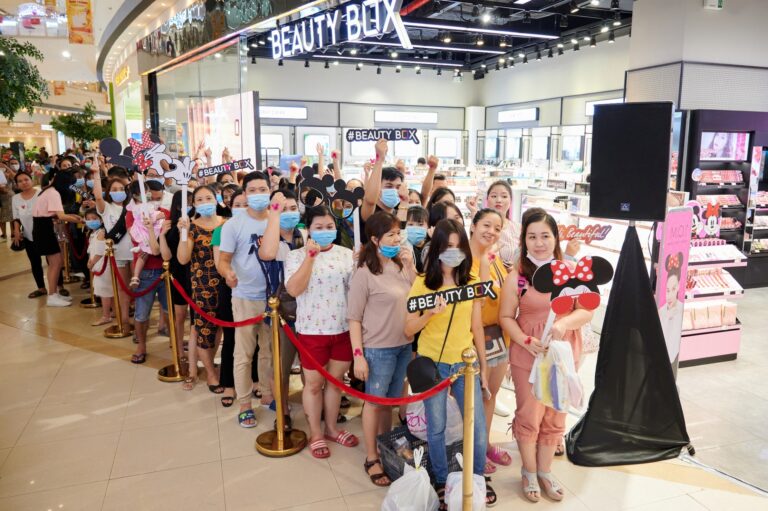

The luxury goods market in Vietnam has witnessed significant growth in recent years, driven by a rising middle class, increasing disposable income, and changing consumer preferences. In this post, we will explore the challenges and opportunities within the luxury goods industry in Vietnam, highlighting key factors that are shaping the sector’s growth and development.
I. Challenges in the Luxury Goods Industry:

- Market competition: The luxury goods industry in Vietnam is experiencing intensified competition, with numerous international and local brands vying for a larger market share. Differentiating oneself and standing out among competitors can be a challenge, necessitating innovative strategies and distinct value propositions to capture consumer attention and loyalty in a crowded marketplace.
- Brand perception: Building brand reputation and establishing a perception of exclusivity, sophistication, and luxury among consumers requires strategic marketing efforts. Consistent messaging, refined brand positioning, and association with renowned influencers or celebrities can shape consumer perceptions and create a sense of desirability.
- Counterfeit products: The prevalence of counterfeit luxury goods poses a significant challenge to the industry, as it undermines brand reputation and erodes consumer trust. Brands must invest in anti-counterfeiting measures, such as holograms, RFID tags, and online authentication systems, to safeguard their intellectual property and protect consumers from counterfeit products.
- Distribution channels: Establishing an effective distribution network is crucial to showcase luxury products in prestigious retail outlets and reach the target audience of affluent consumers. Securing partnerships with reputable retailers, selective distribution strategies, and the creation of exclusive shopping environments contribute to enhancing brand visibility and appealing to luxury consumers.
- Consumer buying behavior: Understanding the intricate nuances of Vietnamese luxury consumers’ buying behavior and preferences is essential for luxury brands. This includes factors such as their affinity for specific product categories, the influence of social status, cultural values, and their desire for personalized and memorable experiences.
II. Opportunities in the Luxury Goods Industry:
- Growing affluent consumer base: Vietnam’s expanding middle class, coupled with increasing disposable incomes, presents significant opportunities for luxury brands to tap into a larger consumer base seeking premium and exclusive products. Targeting this emerging segment with tailored marketing strategies and curated offerings can drive brand growth and increase market share.
- Brand collaborations and limited editions: Collaborations with renowned designers, artists, and celebrities, as well as the creation of limited edition products, can generate buzz, create exclusivity, and appeal to collectors and fashion enthusiasts. These collaborations leverage the influence and creativity of external partners, expanding the brand’s reach and captivating consumers with unique and sought-after items.
- Digital marketing and e-commerce: The proliferation of digital marketing channels and e-commerce platforms in Vietnam offers luxury brands opportunities to reach a wider audience, engage with consumers, and offer convenient and personalized shopping experiences. Investment in online platforms, social media presence, and targeted digital campaigns enables brands to showcase their products, tell compelling brand stories, and connect with tech-savvy luxury consumers.
- Experiential retail: Creating immersive retail experiences is a key opportunity for luxury brands to differentiate themselves and provide memorable interactions with consumers. Luxury boutiques, pop-up stores, and flagship stores can serve as physical manifestations of the brand’s identity, enabling consumers to engage with the brand’s values, craftsmanship, and heritage. These experiential spaces foster emotional connections and elevate the shopping journey beyond transactional aspects.
- Luxury services and lifestyle experiences: Luxury brands can extend their offerings beyond products by providing tailored services, such as personalized styling, VIP events, and curated experiences. By going beyond material possessions, brands can cater to the desires of affluent consumers seeking unique and exceptional encounters, strengthening their brand loyalty and association with a luxurious lifestyle.
III. Brand Identity and Customer Experience:
- Brand identity and storytelling: Crafting a compelling brand story that conveys the essence of the brand, its heritage, craftsmanship, and exclusivity is crucial in the luxury goods industry. Brands can captivate consumers by evoking emotions, emphasizing their unique values, and showcasing their dedication to exquisite design and superior quality. Personalization and customization: Offering personalized and customizable products or services enables luxury brands to provide unique experiences that resonate with individual consumers’ preferences and desires
- After-sales service and customer engagement: Providing exceptional after-sales service, maintaining strong customer relationships, and engaging with customers through loyalty programs and exclusive events can foster brand loyalty.
In conclusion, the luxury goods industry in Vietnam presents both challenges and opportunities. While market competition, brand perception, and counterfeit products pose challenges, there are significant opportunities for growth through a growing affluent consumer base, brand collaborations, digital marketing and e-commerce, experiential retail, and luxury services. By focusing on brand identity, customer experience, and strategic marketing initiatives, luxury brands can thrive in Vietnam’s evolving luxury market.
Key Points Summary:
- The luxury goods industry in Vietnam faces challenges related to market competition, brand perception, counterfeit products, distribution channels, and consumer buying behavior.
- Opportunities exist in a growing affluent consumer base, brand collaborations, digital marketing and e-commerce, experiential retail, and luxury services.
- Emphasizing brand identity, storytelling, personalization, and exceptional customer experiences is crucial for success in the luxury market.
- Countering counterfeit products and protecting brand reputation requires vigilance and collaboration with authorities.
Contact us today to discuss how our solutions can support your luxury brand in Vietnam and help you navigate the challenges and seize the opportunities within the industry.



